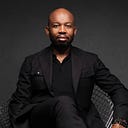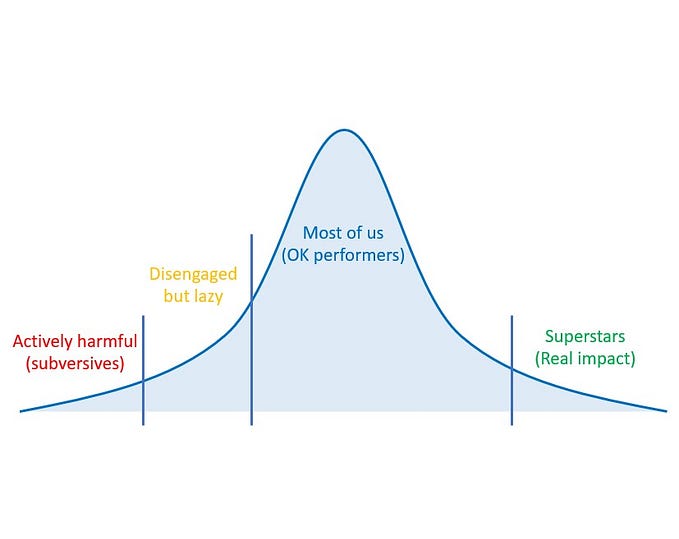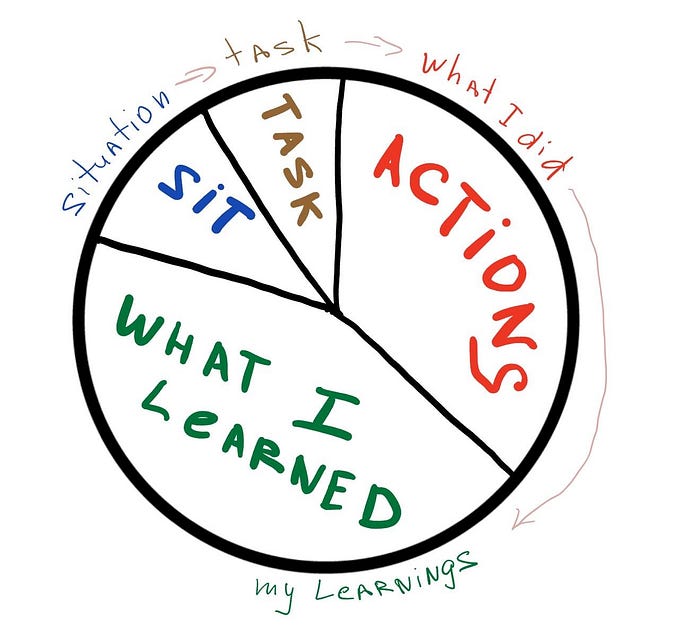Remote working stunts growth

At 21, my daughter is probably more intelligent than I am. Why? Simple — she’s got access to more information than I ever had at her age. Back in my day, information was scarce. We relied on libraries, newspapers, or the occasional mentor. Today, our kids have it all — right at their fingertips. Information is the fuel for growth, the starting point for any kind of development. But here’s the thing: information alone isn’t enough.
Growth doesn’t just happen because you’ve got the knowledge. It happens when you take that knowledge and pair it with experience — real, human, boots-on-the-ground kind of experience.
Information is Everywhere, but What Are You Doing With It?
Think about how much easier it is to learn something today. You want to master coding? Platforms like Udemy, Coursera, or even YouTube will teach you. But here’s the catch: knowing Python or financial modeling doesn’t mean you know how to apply it in real life.
Take a young entrepreneur in Nigeria who’s learned everything about e-commerce online. They might know the theory of running a business, but until they’ve dealt with an angry customer, navigated logistics, or had their first failed product launch, they won’t truly understand what it takes. That’s the gap between information and experience.
Data supports this too. According to the World Bank, access to online education increases earning potential by 21%. But the same research shows that without real-world practice, many people fail to reach their potential.
Experience: The Real Game-Changer
Let’s break it down: experience is what brings knowledge to life. It’s one thing to read about leadership; it’s another to manage a team and deal with real people. When I was younger, my growth came from the activities we did — sports, travel, meeting people from different walks of life. That’s where the magic happens.
For example, the Finnish education system blends theory with hands-on learning. Kids there don’t just learn about science — they build things, experiment, and work on projects. No wonder they’re among the most innovative in the world.
It’s the same with companies like Google or Tesla. They don’t just hire people based on what they know. They put them in situations where they have to figure things out, collaborate, and innovate. That’s where real growth happens — outside of your comfort zone.
The Remote Work Debate: Why Sitting at Home Won’t Cut It
Now, let’s talk about remote work. It has its perks — flexibility, no commute, pajamas all day — but it also has its downside. You’re not out there meeting people, experiencing the world, or building relationships. Sure, you can get your tasks done, but are you really growing?
A report by Microsoft found that 70% of employees miss in-person interactions because they spark creativity and innovation. I get it — remote work is here to stay, but we need a balance. Hybrid setups, like what companies like Airbnb or Cisco are doing, seem to be the sweet spot. Work from home a few days, but also make time to collaborate and interact in person.
The Perfect Formula: Information + Experience
In my view, the future lies in combining the best of both worlds. Think about it: a hybrid education system where students learn online but also engage in hands-on workshops. Or workplaces where technology enables remote productivity but in-person meetings build relationships and spark ideas.
MIT is already doing this with their global programs, mixing online modules with real-world workshops. And it works because it respects what we’ve known all along — you can’t replace human interaction.
My Takeaway
At the end of the day, growth comes from balancing information and experience. You can read all you want, but until you’ve lived it, interacted with people, and faced challenges head-on, you won’t reach your full potential.
So, here’s my advice: get out there. Learn, yes, but also meet people, travel, try new things, fail, and try again. Growth isn’t just about what you know; it’s about what you’ve lived.
Let’s keep pushing for systems — whether in education, work, or life — that encourage both learning and doing. Because that’s how we’ll unlock the full potential of our generation and the next.







